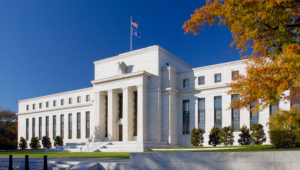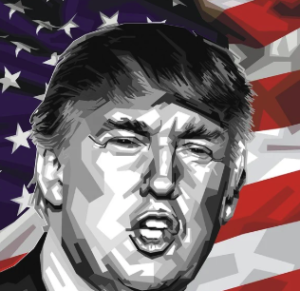$BTC $ETH $COIN
#Crypto #Trump #FDIC #Banking #Regulation #Biden #FinancialMarkets #Business #Bitcoin #Ethereum #DeBanking #Economy
Crypto industry leaders have long battled what they perceive as hostile regulatory oversight under the Biden administration, particularly in the banking sector. Over the past few years, businesses operating in digital assets have faced growing scrutiny from financial regulators, leading to multiple closures of bank accounts used by crypto firms. Many industry participants believe this has been a coordinated effort by federal agencies to sever their access to the financial system—a practice commonly referred to as “debanking.” This concern reached new heights following the dramatic collapses of crypto-friendly banks such as Silvergate, Silicon Valley Bank, and Signature Bank in 2023, which some industry insiders claimed were pressured by regulators to cease operations with digital asset firms.
Now, with a shifting political landscape, the cryptocurrency industry has found a new set of allies in Washington. A growing number of Republican lawmakers, led by figures associated with former President Donald Trump, have taken up the cause of investigating allegations that the Federal Deposit Insurance Corporation (FDIC) and other banking regulators unfairly targeted crypto companies. Trump himself has spoken more favorably about digital assets in recent months, potentially positioning himself as an advocate for the industry in contrast to the Biden administration’s stricter regulatory stance. The pushback against alleged debanking practices now has a prominent platform in congressional hearings and political discourse, heightening attention on whether regulators have acted within their legal boundaries.
The impact of these regulatory challenges has been significant for publicly traded crypto companies such as Coinbase ($COIN), as well as broader crypto markets led by Bitcoin ($BTC) and Ethereum ($ETH). Firms that relied on banking services to process fiat transactions have had to shift strategies, leading to operational inefficiencies and additional costs. These barriers have contributed to a volatile environment for crypto-related stocks and assets, as investors weigh the risks of ongoing regulatory conflicts. However, with mounting political pressure and the potential for industry-friendly policy shifts, some investors see this as a possible turning point where crypto firms could regain stable banking relationships and establish clearer regulatory guidelines.
Market reaction to these developments will depend largely on how the political and regulatory landscape evolves in the coming months. If Republican lawmakers continue rallying behind crypto firms and build momentum toward regulatory reforms, digital asset markets could see renewed confidence and potentially stronger institutional adoption. On the other hand, if regulatory agencies push back and enforce stricter controls, businesses may remain under pressure, limiting growth and innovation in the sector. As the 2024 election approaches, crypto’s role in financial policy discussions is poised to become an increasingly prominent and divisive issue, shaping both market trends and investor sentiment.







Comments are closed.